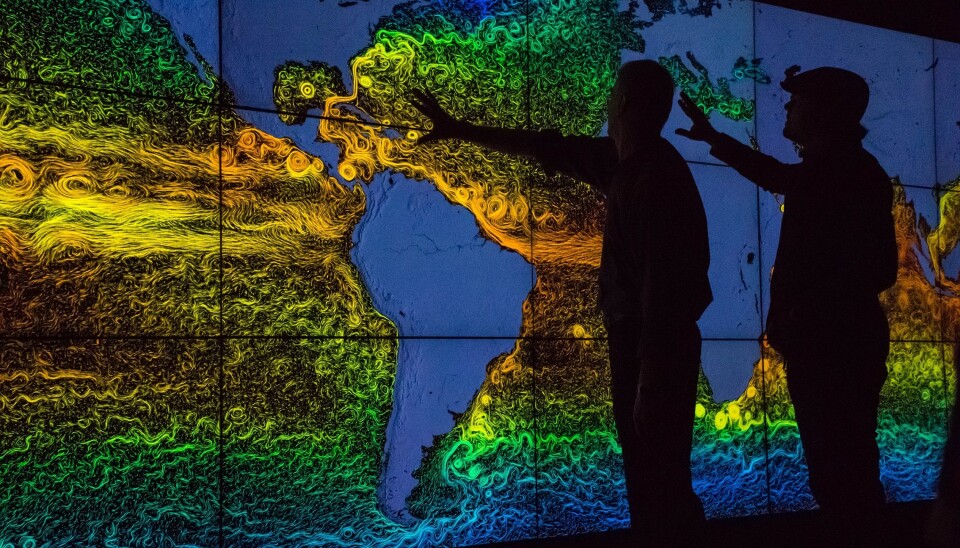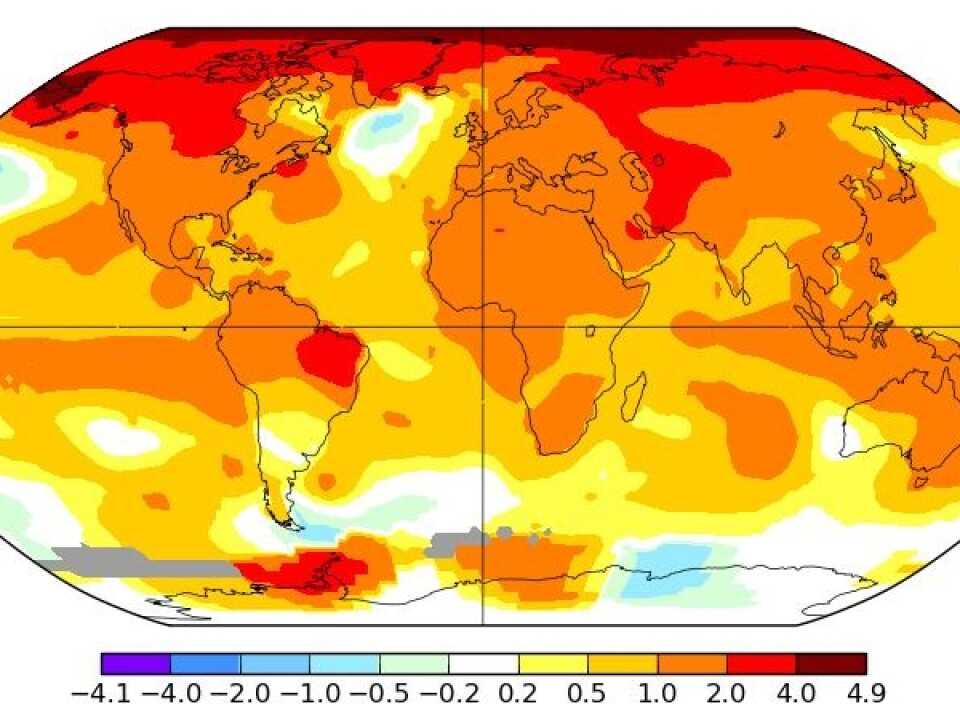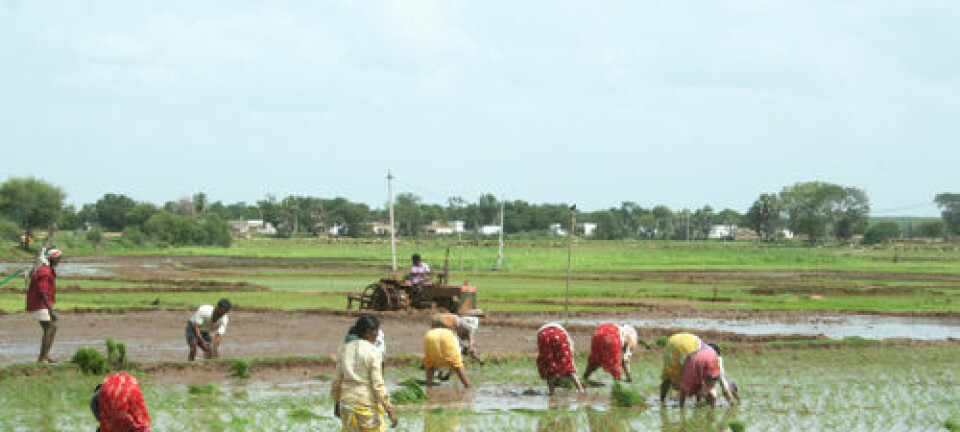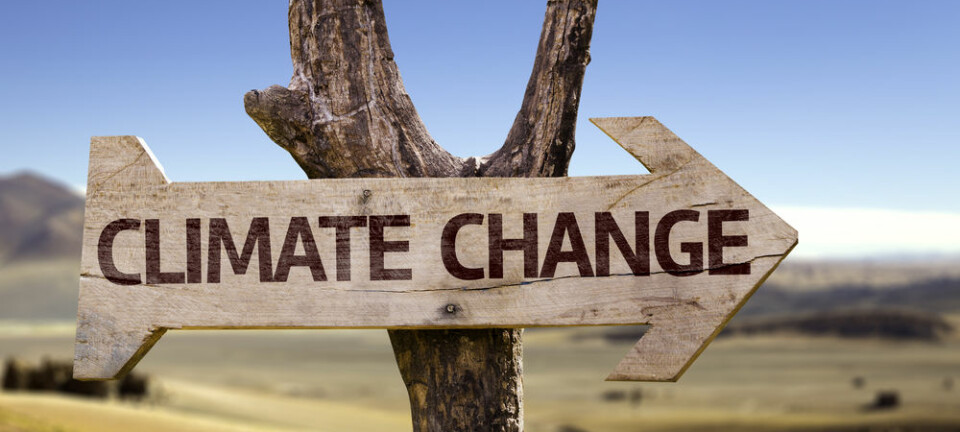
Climate Change theme on ScienceNordic
It’s real, it’s us, it’s serious. So what now?
The Earth is getting warmer. Many of the recent extreme events making headlines around the world seem to carry the fingerprint of climate change, and scientists are shouting from the rooftops to tell us that time is running out to prevent the worst effects.
But behind the headlines, how much of the science do you really know and understand?
Do you know about all of the mechanisms that make the climate change? Or why the overwhelming majority of climate scientists around the world agree that greenhouse gases are changing the climate today?
What challenges is industry facing here and now? What might our world look like in 2050 when we wake up and draw the curtains in the morning?

Realistically, what are our chances of achieving the goal of the Paris Agreement to limit global warming below two degrees Celsius? And what happens if we do not?
Answers are on the way
In this series, ScienceNordic and our partners at ForskerZonen—meaning "Researcher Zone" in Danish, part of our Danish sister site, Videnskab.dk—will attempt to answer these questions and more as part of our special theme on climate change.
You will hear directly from the scientists who are actively researching and publishing cutting-edge research on many aspects of climate science: from the physical and chemical processes, to policy decisions, and adaptation.
It’s real, it’s serious, it’s us
The theme represents a broad range of up-to-date research from the Nordic countries and reflects a snapshot of some of the issues that the experts are debating and wrestling with, and how they reached this point.
The current scientific consensus on man-made climate change is based on three key conclusions:
- Climate change is real.
- Our activities are the predominant driver of change today.
- The problem is serious.
Multiple studies have shown that at least 97 per cent of scientists publishing in scientific journals about modern climate change, agree with these three conclusions. So none of the articles in our theme claim to disprove either the link between human activities and climate change or ignore the seriousness of the issues that lie ahead.
As recent research has shown, many of the remaining three per cent of published scientific studies that reject these three points simply fail to hold up to scientific scrutiny.
This means that they often cannot be replicated due to errors in their methodology, initial assumptions, or their analysis. In the constantly evolving world of scientific progress the science has inevitably moved on to seek answers to new questions, and so have we.
After all, we can continue to debate gravity, but while we do, scientists and engineers will continue to build on this science and design new satellites and rockets to explore the countless other mysteries just waiting to be solved.
Do you have more questions?
So follow us to read all about the pressing issues and questions that the scientific community is occupied with today, and what all of this could mean for you, me, our children, and grandchildren.
Bookmark this page and follow us on twitter and Facebook, to stay up to date with new articles as they come out.
If you have a question that is not answered by our series, then write to us at editor@sciencenordic.com and perhaps we can find a scientist who can.








